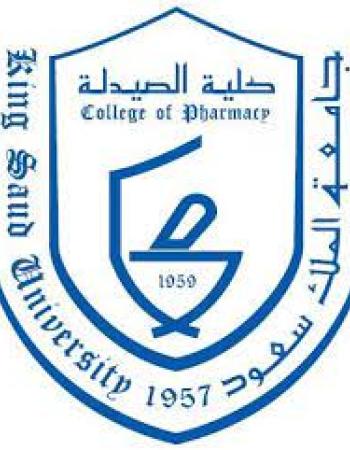DAPTA, a C-C chemokine receptor 5 (CCR5) antagonist attenuates immune aberrations by downregulating Th9/Th17 immune responses in BTBR T+ Itpr3tf/J mice
Attia, Sheikh F. Ahmad, Mushtaq A. Ansari, Ahmed Nadeem, Saleh A. Bakheet, Moureq R. Alotaibi, Abdullah F. Alasmari, Musaad A. Alshammari, Haneen A. Al-Mazroua, Sabry M. . 2019
Autism spectrum disorder (ASD) is a prevalent neurodevelopmental disorder characterized by deficits in social interaction, communication, and repetitive behaviors. BTBR T+ Itpr3tf/J (BTBR) mice, a preclinical autistic model featuring ASD symptoms as defined by social relations, was used in this study. We evaluated the potentially protective effect of D-Ala-peptide T-amide (DAPTA), a selective C-C chemokine receptor 5 (CCR5) antagonist, in BTBR mice. CCR5 is considered a potential therapeutic target in different neurodegenerative disorders. BTBR and C57 mice were intraperitoneally (i.p) treated with the DAPTA (0.01 mg/kg, i.p, once daily) for 7 days. We examined the effect of DAPTA by evaluating marble burying and administering repetitive behavior tests. We employed flow cytometry to assess the effect of DAPTA on CCR5+, CD4+CCR5+, CCR5+IL-6+, CCR5+IL-9+, CCR5+IL-17A+, CCR5+RORγT+, CCR5+IL-10+, and CCR5+Foxp3+ in spleen cells. We further explored the effects of DAPTA on IL-6, IL-9, IL-17A, RORγT, IL-10, and Foxp3 protein and mRNA expression levels in the brain tissues. DAPTA administration significantly decreased marble burying and repetitive behavior in BTBR mice. Additionally, DAPTA treatment inhibited CCR5+, CD4+CCR5+, CCR5+IL-6+, CCR5+IL-9+, CCR5+IL-17A+, CCR5+RORγT+, and upregulated CCR5+IL-10+, and CCR5+Foxp3+ production. We further observed that DAPTA downregulated IL-6, IL-9, IL-17A, and RORγT, and increased IL-10 and Foxp3 protein and mRNA expression. Therefore, our results suggest that DAPTA administration represents a potential treatment strategy for patients with ASD.

Autism spectrum disorder (ASD) is a prevalent neurodevelopmental disorder characterized by deficits in social interaction, communication, and repetitive behaviors. BTBR T+ Itpr3tf/J (BTBR) mice, a…

Autism is a neurodevelopmental disorder characterized by deficits and qualitative impairments in communication and implicit skill learning. Its prevalence is higher than previous estimates, and…

Information regarding DNA repair in autism is limited to a few studies, which have reported inconsistent results.

